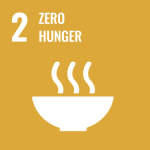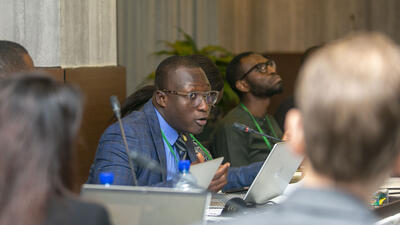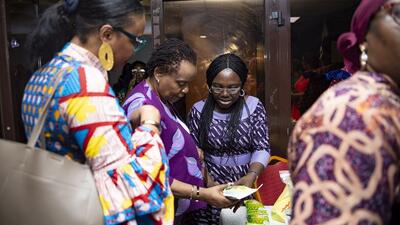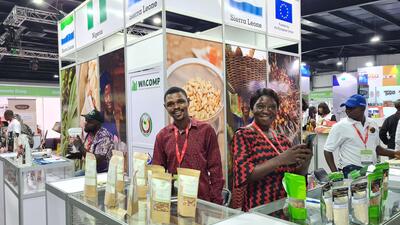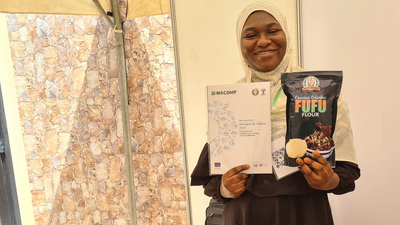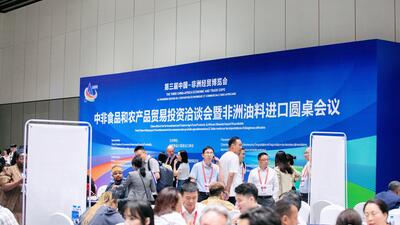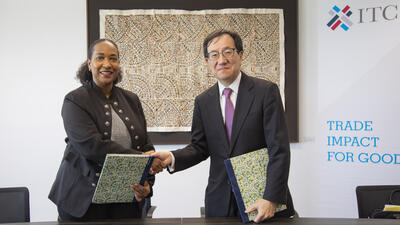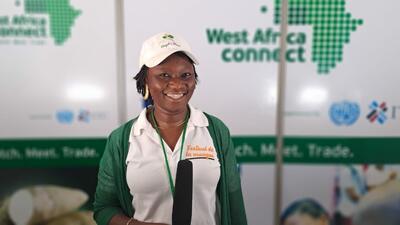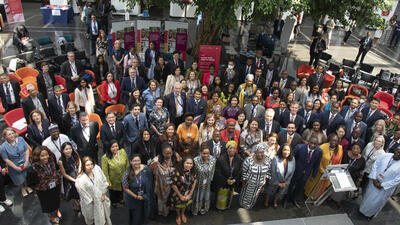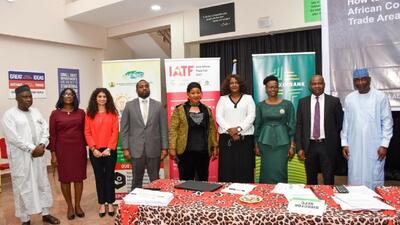Nigeria: Improving SPS compliance to boost export capacity
Overview
Summary
The project aims to support the Nigerian government and private stakeholders of the cowpeas and sesame value chains to comply with SPS related export requirements of regional and international markets. The focus lies on improved practices to comply with Maximum Residue Levels of selected pesticides (cowpeas and sesame) and microbiological contamination with Salmonella (Sesame). It is funded by the WTO Standards and Trade Development Facility (STDF) and plans to improve the regulatory and control system as well as farming and processing practices applied for the two value chains. External partners, such as the Minor Use Foundation (MUF) and an agricultural university shall be contributing to achieving the objective of the project as well.





